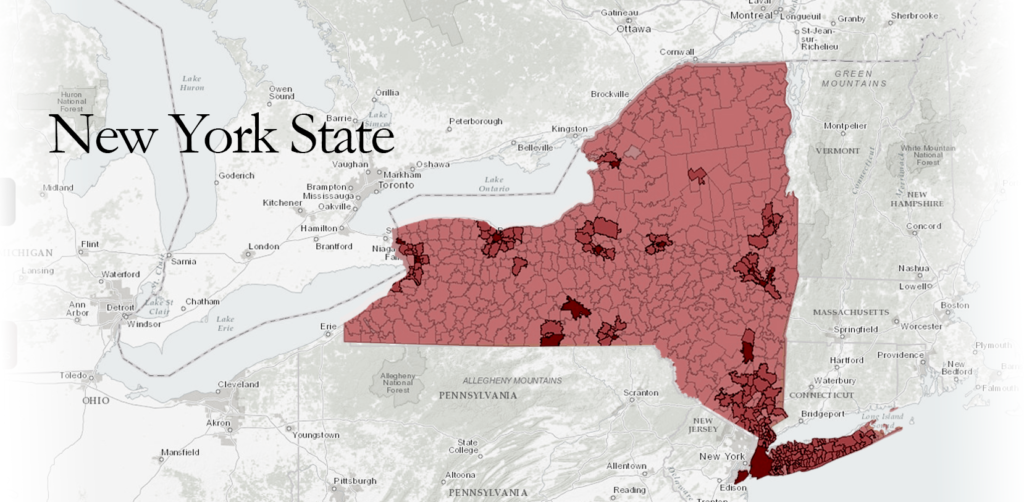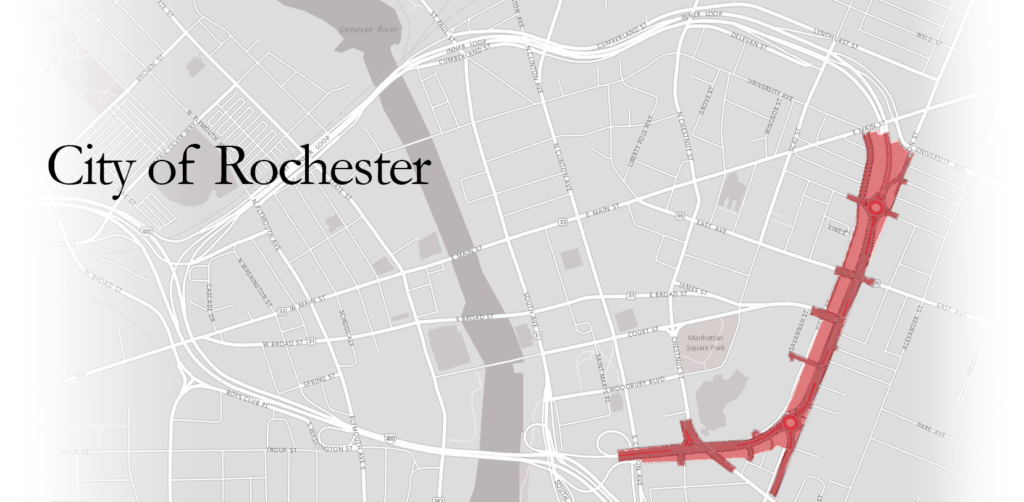Systems are ubiquitous. From our devices and networks to our social constructs, we are surrounded by complexity and its accompanying difficulties. For students of policy, these intricacies are familiar, and often accompany what Cornell professors Derek and Laura Cabrera have termed “wicked problems.”
The articles in this edition are written by thirteen Fellows of the Cornell Institute for Public Affairs (CIPA). For seven weeks, they probed the wicked problems most important to them. From tiger management in India to social services in Texas, the following deconstructions of complexity are as diverse as they are profound. With guidance from Dr. and Dr. Cabrera, CIPA Fellows have been exposed to an intellectual process all policy students and practitioners should envy.
This edition is prefaced with an introduction to systems thinking by Dr. and Dr. Cabrera, and is followed by their students’ articles and TED-style talks.
The Cornell Policy Review is proud to present this special edition on systems thinking. We hope you will consider applying the process to your own wicked problems in public policy and beyond.
-E.R. Schultz, Editor in Chief
Land Tenure Security for Urban Poor in India: A Systems Thinking Approach
Understanding the Struggles of Small Coffee Producers in Chiapas: A Systems Thinking Approach
Approaching the Enrollment Problem in South Punjab through Systems Thinking
Examining Enumeration of Tigers in India through a Systems Thinking Approach
Addressing the Problem of Voter Turnout: An Application of Systems Thinking


